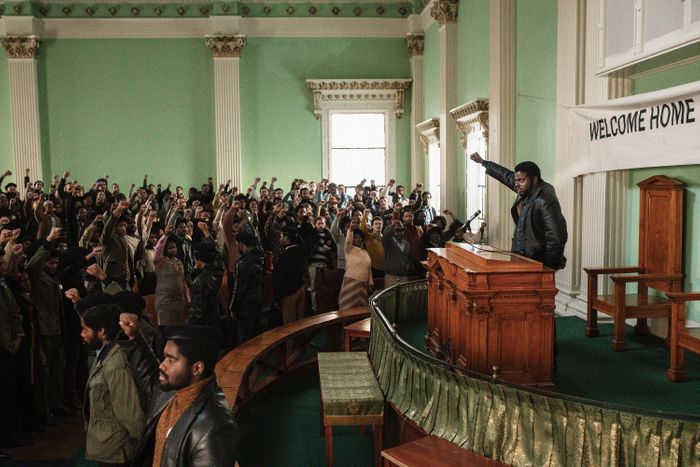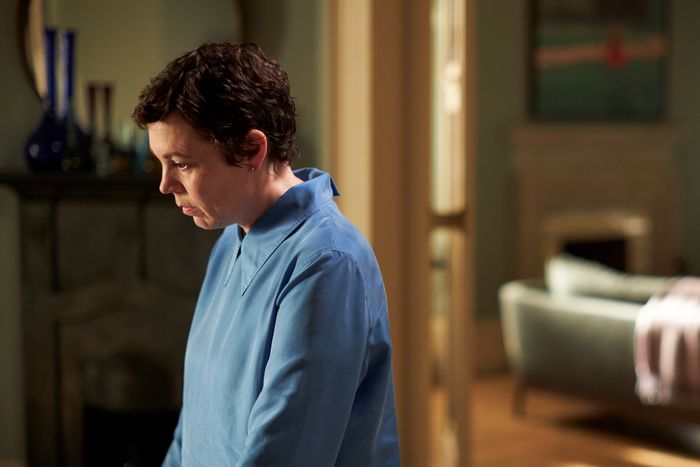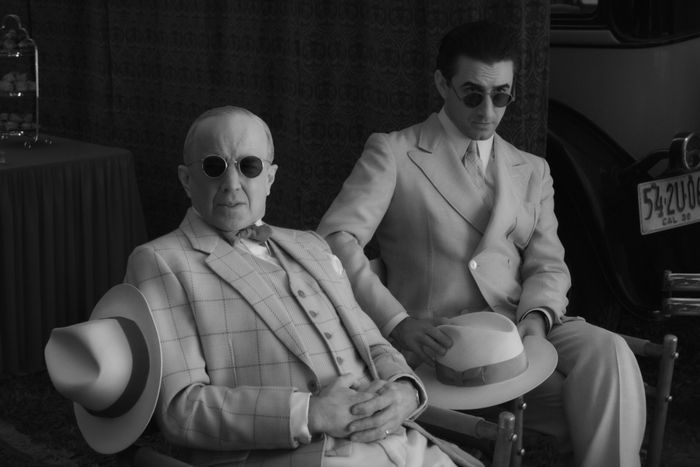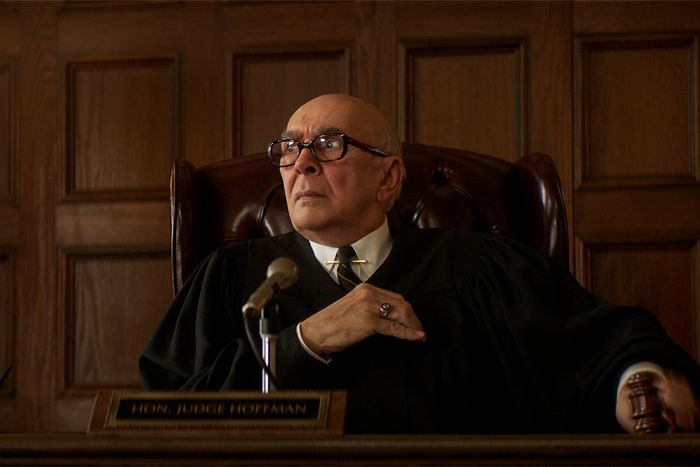
One of the staples of every Oscars ceremony is the presentation of each of the year’s Best Picture nominees. It’s that pomp-and-circumstance-laden moment when someone like Queen Latifah shows up for The Favourite or Keanu Reeves for The Hurt Locker before presenting a clip from the film. It’s a must-have for every ceremony, not just to commemorate each nominee for the big prize with a moment to shine, but to also familiarize audiences at home who might have missed a movie or two. With a Best Picture lineup that has maybe the lowest audience awareness ever, picking the best scene to represent each might be more essential than ever.
Each of the Best Picture nominees has at least one acting nominee as well, so some of this year’s biggest acting moments should be held aside for those categories. And obviously you wouldn’t want to outright spoil the movies either, by including, say, Carey Mulligan at Promising Young Woman’s bachelor-party climax. Instead, the telecast will want to pick a scene that pinpoints what makes each movie something special, what makes it a Best Picture contender. Below, find our suggestions for each nominee.
The Father
As moviegoers have finally begun to see The Father, the latest arrival to theaters and VOD, many are noting that it’s not quite the stodgy aging drama they expected. In capturing the dementia experienced by Anthony Hopkins’s titular father, the film creates a twisty, time-obscuring claustrophobia that makes it difficult to see what’s actually happening in the moment. The telecast should spotlight one of the film’s abrupt tonal shifts without spoiling the fallout. One that might entice any holdouts to the film: the moment that builds up to an expected return of nominee Olivia Colman, only to have Olivia Williams enter the room. Cut to black on her arrival and The Father will owe you a percentage of its incoming VOD receipts.
Judas and the Black Messiah
Trying to avoid a potential acting clip for Daniel Kaluuya may be a fool’s errand here, and he will certainly have plenty of options when we’re served the Supporting Actor clip reel. Though Kaluuya towers over the film, Judas primarily thrills for its intimate approach to a big canvas of Black resistance and insidious FBI manipulation. That’s why the scene of Fred Hampton’s welcome-home rally perfectly encapsulates the film’s layers (and is best suited to the telecast): It cuts between its cast to show the paranoia in Lakeith Stanfield’s FBI plant as Jesse Plemons’s FBI agent looms in plain sight, with Kaluulya’s seismic performance reflecting Hampton’s impact and Dominique Fishback delivering the personal.
Mank
Choose the wrong scene and Mank will look like the kind of dull and overly familiar Hollywood biopic many of its detractors have labeled the film. The film finds the most synergy of its themes (not to mention its imposing craft) during the scene of Louis B. Mayer’s birthday party, with Amanda Seyfried gasping at 42nd Street blowing her wig and the movie-studio elite shrugging off the threat of Hitler. But it should drop into the Oscars telecast when Gary Oldman’s eponymous screenwriter challenges Mayer with the difference between communism and socialism regarding Upton Sinclair’s potential bid for governor. This is Mank at its peak observational rat-a-tat, skewering self-serving Hollywood politics while Seyfried’s reaction shots undercut like a fizzy tonic to the brooding.
Minari
Though Minari’s hardened tenderness would be reflected by presenting any of its more emotional scenes, the layers of the movie’s enrapturing family dynamic (and its perfect ensemble) are perfectly encapsulated in its more hilarious moments. There might not be a scene that brings them together (without spoiling the film’s third act) better than when Alan Kim’s Jacob is sent to get a stick to be spanked with after mistreating his grandmother (Youn Yuh-jung). Here we get Steven Yeun’s paternal struggle to maintain control, Youn’s defiant affection, a hilarious Kim, and the unheralded, great Han Ye-ri as the frustrated mother.
Nomadland
The only important thing is that Swankie and Linda May get to introduce Nomadland’s chosen clip. Beyond that, simplicity may best serve Nomadland with a scene that features its socioeconomic ecosystem of nomad van life and also the film’s elegiac tone. Why not simply use the meandering shot of Frances McDormand’s Fern taking a sunset walk through the van camp? Nearly no dialogue, but it sells audiences on just what is so wondrous and keenly observed in Chloé Zhao’s film. There’s a reason this moment was already plucked for the film’s first teaser trailer.
Promising Young Woman
Here’s a case for not choosing a film’s best scene for the Oscars telecast: planting the film’s “Stars Are Blind” by Paris Hilton sing-along would make sense to fans as one of the most memorable, but context-free, it would sell an entirely different film to unaware audiences. But Promising Young Woman is also the film most at risk of spoiling its surprises, so you would want to choose wisely in revealing its tenser moments. Perhaps the best case would be the showdown between Carey Mulligan’s Cassie and Connie Britton’s college dean, showing Cassie’s righteousness and the satisfying deceptiveness of Emerald Fennell’s screenplay.
Sound of Metal
Typically, an intimate character drama like Sound of Metal would face the toughest challenge here without some of the flashier fireworks afforded to the bigger productions it might be nominated against. Like some of the other films nominated, some of Metal’s most memorable moments might get spotlighted for either Riz Ahmed or Paul Raci’s Oscars clip for their performances. But the perfect scene to represent Metal would actually showcase its brilliant sound design: the moment when Ahmed’s heavy-metal drummer Ruben defies doctor’s orders and performs with his girlfriend Lou (Olivia Cooke), bolting from the show and revealing the secret of his hearing loss.
The Trial of the Chicago 7
Since the biggest selling point on Chicago 7 is its massive cast, it would be best for the film to be represented by a scene that prominently features as many ensemble members as possible. But which in its barrage of scenes of men barking at each other to choose? Perhaps one that centers on the less famous faces while also hitting the systemic corruption faced by the titular Chicago 7. The strongest option would be when Frank Langella’s implacable Judge Hoffman refuses to allow Attorney General Clark (Michael Keaton) to testify for the defense, leading to the dismay of the Chicago 7 and an outburst from the typically reserved David Dellinger (played by the perennially underrated John Carroll Lynch).




